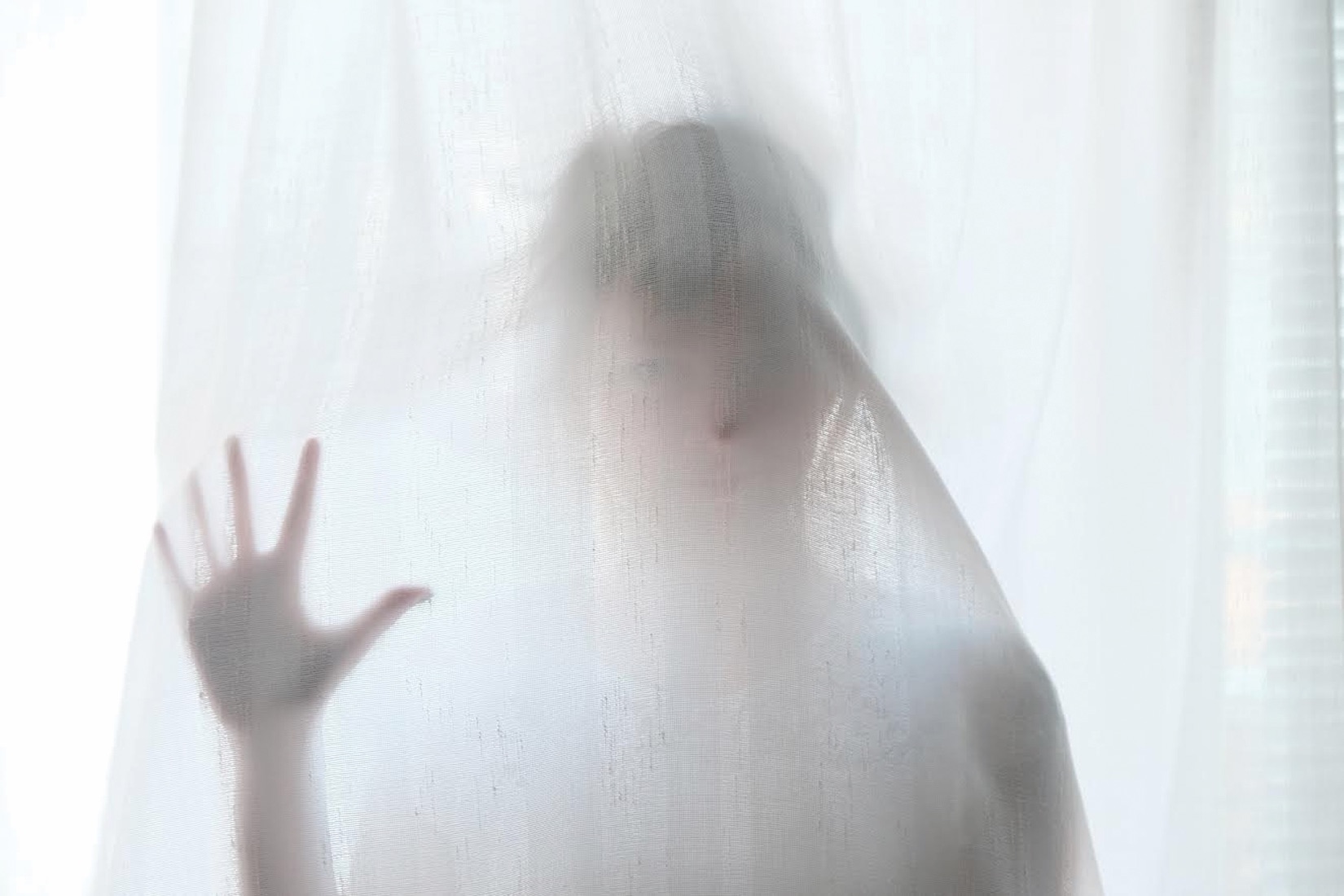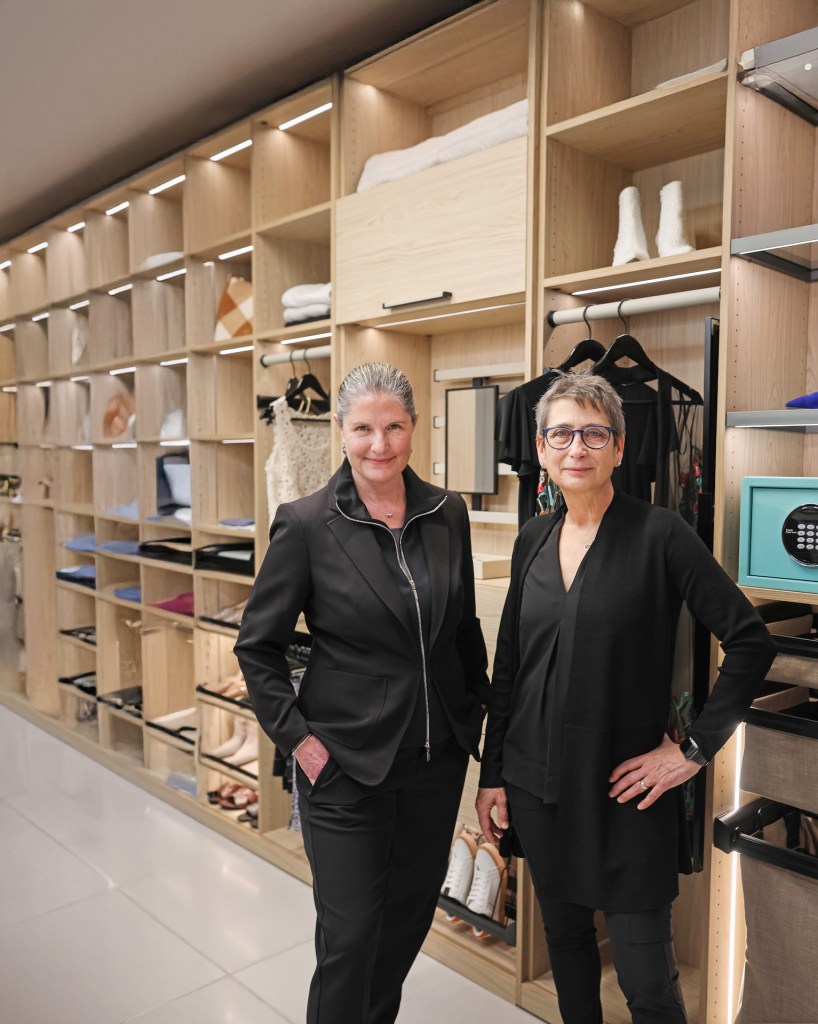Human Trafficking On The East End

Is human trafficking a major local issue?
This heinous crime is serious enough locally that this Thursday and Friday, September 27 and 28, there will be a two-day symposium at the Stony Brook Southampton campus called “Human Trafficking on Long Island — Identify and Respond,” where professionals from law enforcement, medicine, education, and social work will be trained to spot and do something about trafficked victims.
“Mostly girls, and young women, but many boys too, from the immigrant and Native American community, are being exploited in this harrowing epidemic of modern slavery,” said Paula Collins, organizer of the Shinnecock Community Health Worker Program that is sponsoring the event with the Shinnecock Substance Abuse Mobilization Project.
“I am involved because I’m a Shinnecock and the Native American community is highly susceptible to this human trafficking slave trade. Traffickers go after the vulnerable. They might come onto a reservation peddling opioids, and they will spot the homeless kids, the addicts, the orphans, the runaways, the lost, and those from broken homes. They will sweep them up with the promise of opioids and money, and soon they are enslaved prostitutes. Native American women disappear in staggering numbers across this country, often never found, never looked for. They become prostitutes. Murder victims. Native American kids also disappear,” she continued.
“In my research I have found that Southampton is the capital of child pornography,” said Collins. “I never, ever knew this.”
The East End is the tip of a peninsula where many people have lots of disposable income. “Because of this,” Collins continued, “rich men can have prostitutes delivered to them by boat and yacht, by helicopter and by car, by train and by bus. These slaves are swept into expensive estates behind high hedges and locked gates where rich men pay top dollar to the greedy traffickers for self-gratification. The trafficked prostitutes range from children to women in their 30s. Most people never see this. It happens in the shadows in our midst. We want to shed some bright light on it.”
The main speaker for the symposium is Jeri Moomaw, a Native American whom Collins heard speak last year at a similar event in Akwesasne in upstate New York. “Jeri is a spellbinding expert on the trafficking rackets,” said Collins. “Members of the newly formed Suffolk County Police Department Human Trafficking Task Force will be coming to listen and learn from Jeri and other speakers and workshop presenters.”
Other speakers include Makini Chisolm-Straker, MD, MPH, Department of Emergency Medicine Mount Sinai Brooklyn, and Roxanne White, Indigenous Outreach Coordinator, Innovations HTC. The event is co-hosted by the Greek Orthodox Church of the Hamptons, Stony Brook School of Social Welfare, Organización Latino-Americana of Eastern Long Island, and The Retreat.
Collins said doctors, nurses, lawyers, teachers, and social workers will all be coming to the symposium to listen and get training. “The experts will help these professionals that might come in contact with trafficked and enslaved victims to be able to identify them by their behavior, tattoos, and other telltale signs,” she said. “They will also learn how to properly report these victims to liberate them from their lives of hell.”
Collins says gangs like MS-13 and the Bloods have long been into human trafficking. “But there are other gangs you’ve never heard of,” she said.
Networks of “coyote” smugglers have long exploited the Hispanic community and “snakeheads” have enslaved Asian women and boys into prostitution or forced labor.
Staggering and Shameful
The problem has grown so severe in Suffolk County that on July 30 the Suffolk County Police Department announced the formation of a Human Trafficking Task Force. “What we are stating loud and clear today is that this is not a victimless crime,” Suffolk County Executive Steve Bellone said at that presser. “These are criminal organizations, these are individuals, who are targeting the most vulnerable among us in order to advance their criminal enterprise. This will not be tolerated, not accepted, in any way in Suffolk County.”
The HTTF — which consists of four detectives, two police officers, and four high-ranking Suffolk County cops — was actually secretly started in March and by the end of July had liberated 37 enslaved victims, made 19 arrests on 47 felony counts of trafficking-related offenses, and indicted nine more traffickers on 160 counts, 75 counts for sex trafficking and 50 for promoting prostitution.
The U.S. Justice Department estimates that 14,500 to 17,500 people are trafficked into the country every year. The 2016 Global Slavery Index estimates that including U.S. citizens and immigrants, 57,700 people are victims of human trafficking, earning some $150 billion a year for traffickers, two thirds of it from sexual exploitation, and one third from forced labor.
That’s a staggering and shameful black market of enslaved human flesh.
The three states with most human trafficking cases are California, Texas, and New York. There were 332 human trafficking cases reported to the Human Trafficking Hotline in New York State in 2016, with 180 human trafficking reports in the first six months of 2017. Three-quarters — 252 of the 332 human trafficking reports made in 2016 — were sex trafficking-related.
“Indeed, human trafficking is a silent epidemic,” SCPD Commissioner Geraldine Hart said at that July 30 press conference for the HTTF. “These individuals who are being trafficked are vulnerable, alone, are being forced or coerced into prostitution, and they need help.”
“The Suffolk County Police Department is doing a fantastic job with this task force,” said Collins. “I salute them for their work. We welcome working with them to end this slave trade.”
This outrageous criminal plague that exists in a rarely-seen netherworld of brothels, indentured servitude farms, and forced construction labor sites, and through hidden escort services to the wealthy serves as a shadowy untaxed economy where human beings are exploited in lives of unspeakable daily misery.
“We need to identify and report as many victims as possible,” said Collins. The Thursday evening event, from 7 to 9 in Chancellors Hall, is free and open to the general public. The Friday event, which runs all day, is $35 and includes a lunch and snacks and speakers and training sessions for the professionals who might come in contact with the trafficked victims, “who are afraid because of language barriers, physical threats, and immigration status to alert authorities. We want to spot them and report them and rescue them right here in our backyard on the East End.”
Is human trafficking a real problem on the East End?
“More than most people out here know,” says Collins. “It’s time we all did something about it.”
To register for the full-day event, visit humantraffickingli.eventbrite.com.
denishamill@gmail.com



